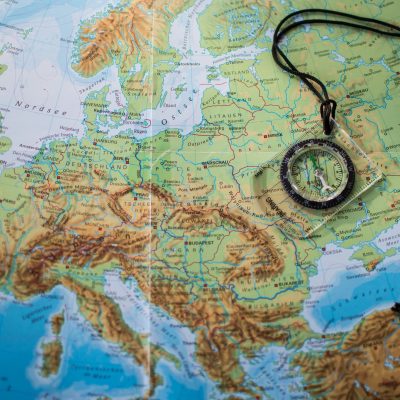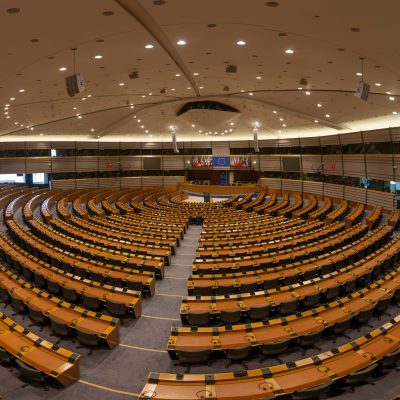L’élargissement de l’UE et la transformation du continent
Article paru dans le numéro 2022/4 de la revue Politique étrangère à l’hiver 2022.

La guerre en Ukraine a eu pour effet de remonter la problématique de l’élargissement dans l’agenda politique européen. Les statuts de candidat reconnus rapidement à ce pays, à la Moldavie et sans doute très prochainement à la Bosnie-Herzégovine, ainsi que les négociations d’adhésion finalement ouvertes avec la Macédoine du Nord et l’Albanie constituent les avancées récentes d’une politique qui semblait au point mort. Le Brexit, qui a réduit l’Union européenne (UE) de 28 à 27 États membres, avait envoyé un signal inverse à l’élargissement. Celui-ci est-il pour autant dans une dynamique durable ? Va-t-il renforcer l’Union ou, au contraire, en gripper la mécanique ?
L’élargissement est un processus inséparable d’une réflexion plus large sur l’unité du continent, dans laquelle s’inscrit le nouveau projet de Communauté politique européenne lancé par le président Macron, et objet d’un sommet fondateur à Prague le 6 octobre dernier. L’élargissement interroge la construction européenne dans ses dimensions historique, géographique et institutionnelle. Tout en accomplissant le projet européen, il en modifie le cours.




